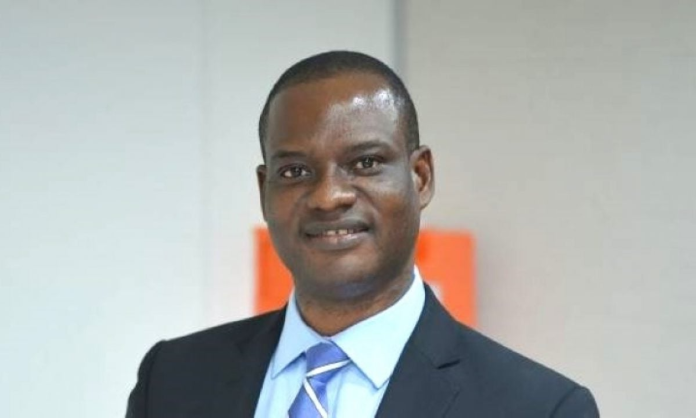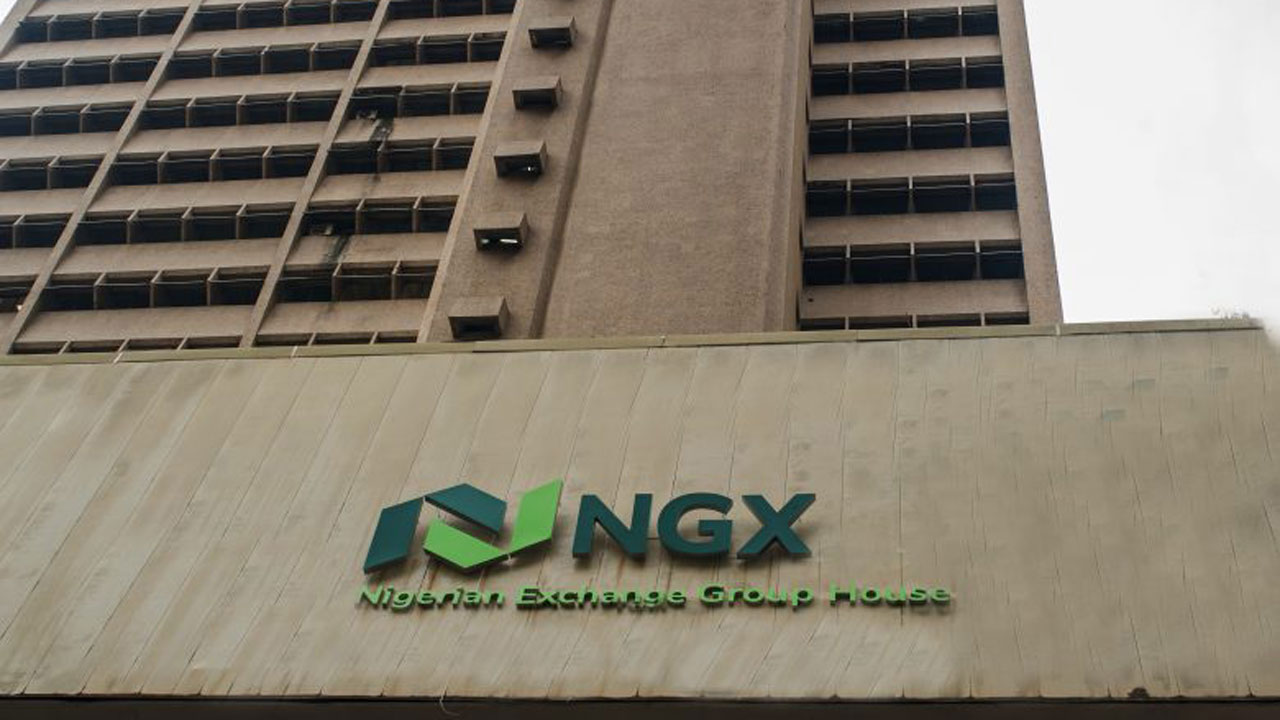The Chairman of the Presidential Advisory Committee on Fiscal Policy and Tax Reform, Taiwo Oyedele, has reassured Nigerians that the proposed Tax Amendment Bills before the National Assembly aim to alleviate the tax burden on low-income earners.
Under the new framework, workers earning the national minimum wage and slightly above, as well as those earning up to ₦1.7 million monthly, will benefit from reduced or entirely waived taxes.
Addressing concerns on X (formerly Twitter), Oyedele clarified that over 90% of workers in public and private sectors would pay lower taxes, while high-income earners would see a marginal increase, with a top tax rate of 25% for the ultra-wealthy. He emphasised that the reform prioritises equity, aiming to create a progressive tax system where individuals are taxed based on their earnings.
“The current tax table, introduced in 2011, has not been reviewed to account for inflation, leading to fiscal drag. Many low-income earners have been pushed into the top tax bracket, which is regressive and counterproductive,” Oyedele explained.
He highlighted the inefficiency of the existing system, where an individual earning ₦400,000 per month is subjected to the same top marginal tax rate as someone earning ₦20 million monthly. The proposed reforms will correct this disparity by restructuring tax bands and rates to ensure fairness.
Under the new tax framework, individuals earning up to ₦1 million annually (approximately ₦83,000 monthly) will benefit from exemptions, including a ₦200,000 rent relief. Oyedele noted that the reforms address issues where minor income increases pushed workers into higher tax liabilities, leaving them worse off than those earning less.
“For instance, a person earning ₦30,000 monthly is exempt, while someone earning ₦30,001 pays a small tax under the current system, effectively penalising them. The new reforms eliminate this anomaly, ensuring everyone benefits from the first tax-free bracket,” he said.
The chairman also confirmed that statutory deductions such as pensions, National Housing Fund contributions, and life insurance premiums remain unaffected. Additionally, the reforms integrate Consolidated Relief Allowance (CRA) and Personal Relief into the tax structure to simplify calculations and reduce dependency on professional assistance.
Oyedele addressed concerns about the perceived steep tax rate for the second band, moving from 0% to 15%. He clarified that this rate is lower than the current effective marginal rate of 21% after reliefs. He assured taxpayers that the reforms offer an overall lower tax burden for middle-income earners and a simplified tax system.
The proposed reforms, Oyedele stressed, are designed to reduce inequality, encourage compliance, and make tax calculations more transparent and manageable, ensuring that Nigerians, especially low- and middle-income earners, benefit from a fairer system.














